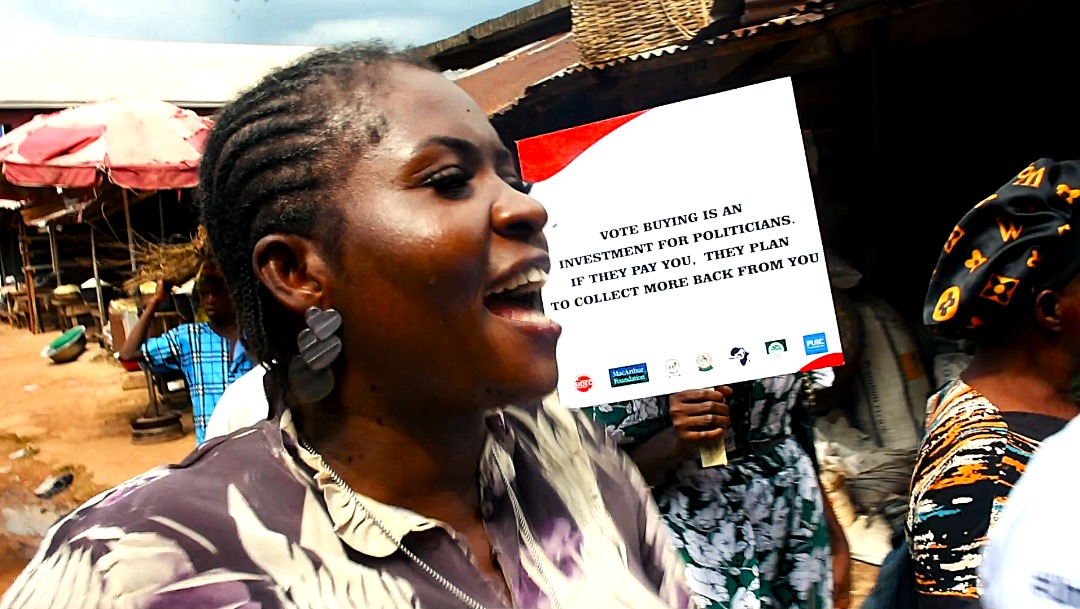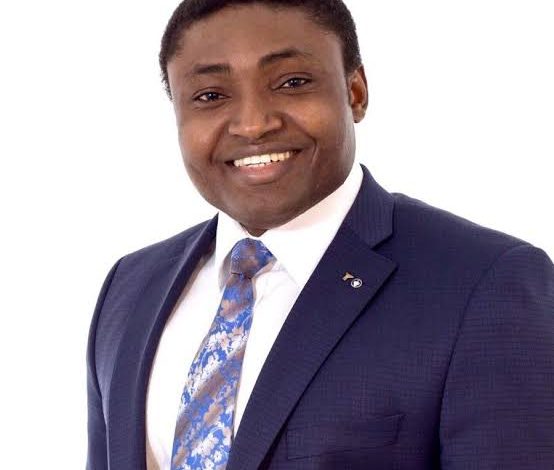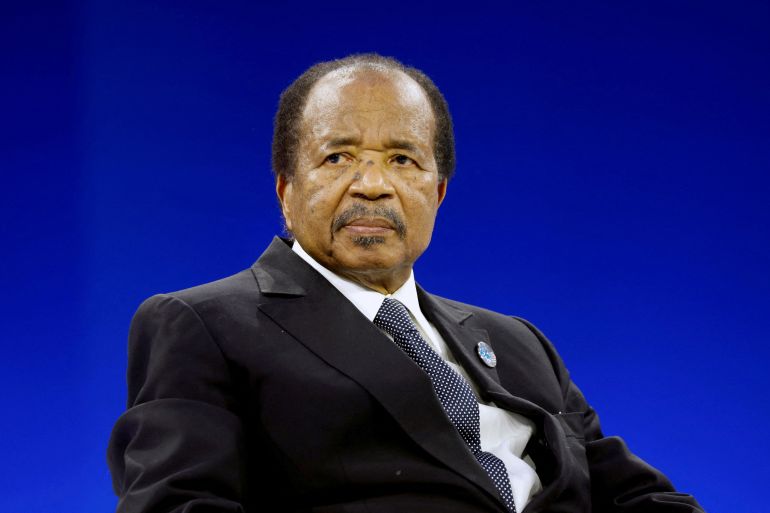Kenechukwu Ofomah
As the nation marks democracy day on June 12, 2025, many Nigerians are of the opinion that what the country should be celebrating is the transition to civil rule, instead of democracy.
This edition marks 26 years of uninterrupted democratic rule in Nigeria, following General Abdulsalam Abubakar’s handover of power to President Olusegun Obasanjo as a civilian President on May 29, 1999.
A Professor of Public Health Parasitology at Nnamdi Azikiwe University, Awka, Dennis Aribodor, opined that elements of democracy are not yet visible in the country.
“Money politics is the order of the day, the people are excluded or bought over, and there is no freedom of expression.
“Political leaders do not see the need to empower the citizens because if they are empowered, it will no longer favour them.”
He regretted that politics in the country has become an exclusive enterprise of the rich. It’s a sad commentary on the nation’s democracy,” he noted.
Corrupt enrichment brazenly celebrated
Prof Aribodor condemned a system which encourages corruption and suppress the voice of the people.
“No matter how brilliant your ideas to advance people’s welfare, offer quality education, health, etc, if you are not corruptly enriched, you won’t get to the corridors of power.
“A professor in Nigeria cannot afford to purchase the form to contest for local government chairman, not to mention prosecuting the campaign processes.
“The same is applicable to the House of Representatives, Senate, Governorship and President, where people purchase forms for as much as N100 million and N50 million.
“Tell me an average Nigerian civil servant or genuine businessman who will cough out such a huge sum to purchase an expression of interest only,” he noted.
For Aribodor, a country where a civil servant is not sure of a good meal per day, should not be celebrating democracy.
“How can a country under civilian rule for the past 25 years not have a steady power supply?
“We have a country where our political leaders jump an aircraft at the slightest illness, to secure medical treatment overseas.
“People still die of preventable diseases. Thousands of pregnant mothers still die while giving birth. All these boil down to leadership.
“For there to be a democracy, the voice of the people should matter,” Aribodor posited.
People are the centre of democracy
In the same vein, a Professor of Environmental Law, University of Port Harcourt, Theodore Okonkwo, maintained that people, in an ideal democracy, are at the centre of governance.
He blamed national woes on greediness and self-centredness of leadership.
“Look at the recent wave of defections into the ruling party. It can turn the country into a one-party state.
“Political leaders want to protect their selfish ambitions to remain in power or be protected from criminal prosecution for corruption charges.
He also believed there is nothing to celebrate as there is widespread hunger in the land.
“People are dying on a daily basis. There is insecurity. Boko Haram insurgency and all kinds of criminality. We have not had it this bad,” he noted.
Professor Okonkwo said to the narrative, Nigerians must work on building strong institutions and not individuals.
“As a people, we must have strategies and policies that strengthen institutions, deemphasize the worship of individuals, while leaders should stop paying lip service to human development.
There is democracy
For his part, a legal practitioner, Chuks Ananti believes Nigeria has gone far in terms of democratic dispensation, citing some of the rights Nigerians enjoy today that were not tenable before 1999.
Insisting that democracy is better than a dictatorship, Ananti said to strengthen democracy, the country must begin to observe and respect the rule of law.
“Judicial pronouncement should be respected, irrespective of whoever is involved.
“That is where the Nigerian government is not getting it right, because they choose the judgment to obey.
“So, to retain a democratic system, we must observe rule of law.
He stressed the need for state and federal legislatures to demonstrate their independence at all times.
“They must always stand their ground in making laws that can be impactful. They should stop rubber stamping executive decisions.
The legal practitioner also called on the electoral umpire, INEC to be neutral to conduct credible elections.
“Nigerian leaders, on their part, should shun selective obedience to the rule of law,” he said.





